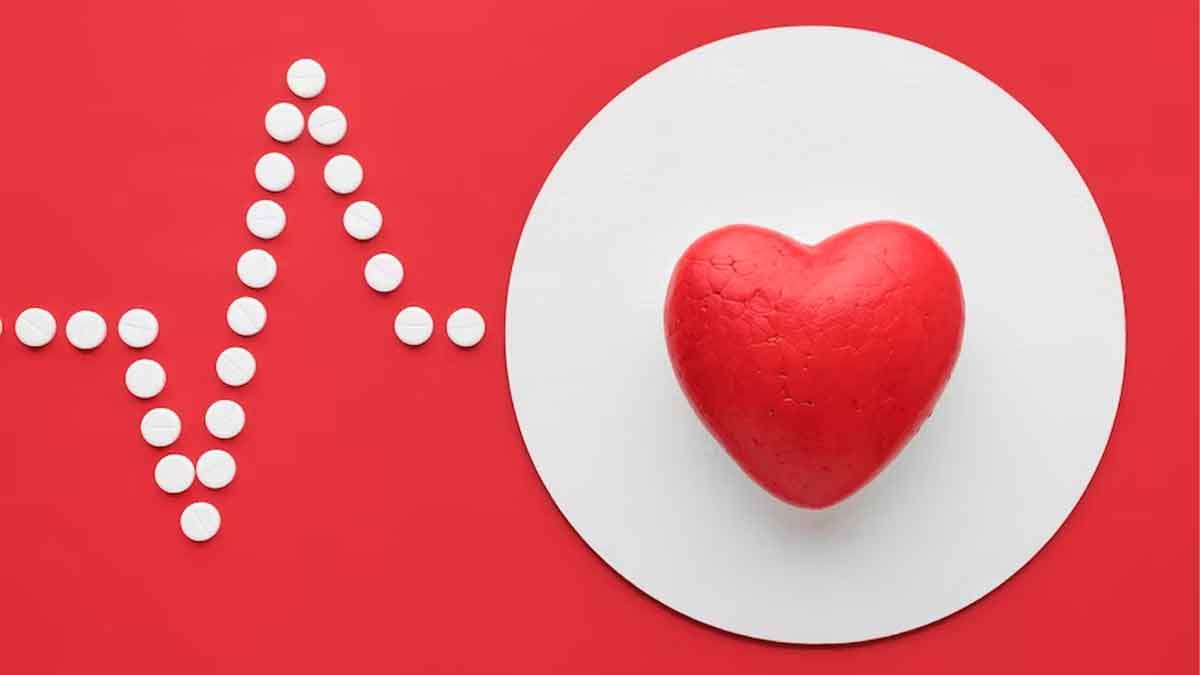
Cholesterol is a waxy substance that helps your body build healthy cells and hormones. However, there are different types of cholesterol, each with its own distinct characteristics. While High-Density Lipoprotein (HDL) cholesterol improves your heart health, increased Low-Density Lipoprotein (LDL) cholesterol raises your risk of Cardiovascular Diseases (CVDs).
Table of Content:-
When LDL cholesterol levels exceed 190 mg/dL or when levels are between 70 and 189 mg/dL with additional cardiovascular risk factors, statins are a medication that may be prescribed by doctors. But can you stop taking them when your cholesterol levels go down? Here’s what experts have to say.
Also Read: The Best Way To Eat Your Eggs If You Have High Cholesterol
What Are Statins?

Dr Vikrant Khese, Consultant Cardiologist, Apollo Clinic, Kharadi, Pune, described statins as a cholesterol-lowering medication that works by inhibiting an enzyme called HMG-CoA reductase, which plays a crucial role in the production of cholesterol in the liver.
He said, "By reducing the activity of this enzyme, statins effectively decrease the amount of cholesterol produced in the body."
According to a study published in the JAMA Network, for adults aged 40–75 with at least one risk factor and a 10% or higher 10-year CVD risk, statins likely have moderate benefits in preventing CVD events and death.
For those with a 7.5% to 10% risk, the benefit is smaller but may still be present, the researchers further noted.
Should You Stop Taking Them On Your Own?
Speaking with the OnlyMyHealth team, Dr Sanjay Bhat, Senior Consultant, Interventional Cardiology, Aster CMI Hospital, Bengaluru, said that statins are effective in lowering cholesterol and providing protection against stroke and heart attack. However, he warned against starting or stopping the medications on one's own terms.
According to the Mayo Clinic, if the drug has helped lower your cholesterol, you will likely need to stay on it long-term to keep your cholesterol down.
Also Read: THIS Cholesterol Symptom Could Strike At Night: Other Warning Signs To Note
‘Do Not Rely Solely On Statins To Lower Cholesterol’

Dr Pendharkar advised against relying solely on statins to manage cholesterol levels. He recommended making efforts to change your lifestyle habits and resorting to choices that are heart-healthy.
This includes controlling your sugar and alcohol intake, monitoring your diet, avoiding all forms of fat, and considering healthier options, such as foods high in monounsaturated fats, including olive oil and nuts. "You can also include polyunsaturated fats rich in omega-3 fatty acids, such as fish, chia seeds, and walnuts," he added.
Additionally, indulge in regular exercise for at least thirty minutes a day, he concluded.
Bottomline

Although statins are effective in treating high cholesterol, individuals should refrain from making independent decisions about starting or discontinuing the medication. Such choices should be made under the guidance of a healthcare professional to prevent potential complications. This also helps ensure effective cholesterol management that aligns with overall health goals and well-being in the long run.
Also watch this video
How we keep this article up to date:
We work with experts and keep a close eye on the latest in health and wellness. Whenever there is a new research or helpful information, we update our articles with accurate and useful advice.
Current Version